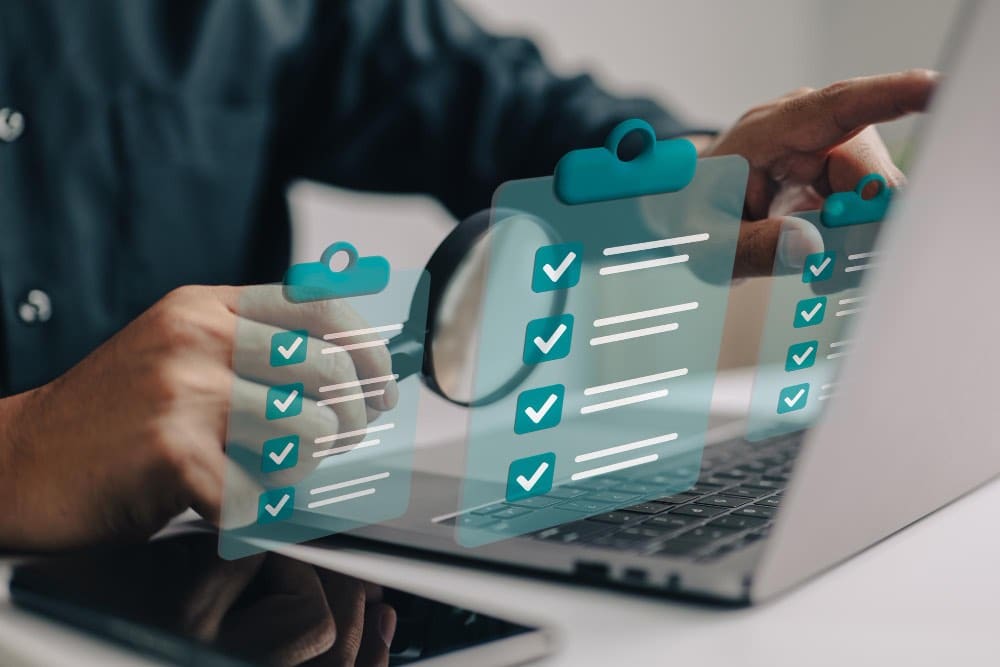What is the NDIS?
What is a permanent and significant disability?
Disabilities may be neurological, psychosocial, sensory, physical, intellectual, and cognitive.
The following are some examples of individuals:
1. (Neurological disability)
A 40-year-old individual who has lost the function of one side of their body and the ability to speak after a stroke, and needs assistance with personal hygiene and getting around.
2. (Sensory and intellectual disability)
A 55-year-old individual who is blind and has intellectual impairments who lives in a group home supported by care staff.
What services does My Rehab Team provide?
Assist clients with their application for NDIS access through providing evidence – A Functional Capacity Assessment.

Who is eligible?
To be eligible for the NDIS, one must have a permanent and significant disability

How to apply?
To apply, one will need to complete an Access Request Form providing evidence of one’s disability being permanent and significant.
Such evidence may be from treating health professional’s confirming the diagnosis underlying the disability and detailing the applicant’s functional level and capacity for participation – a functional capacity assessment may be completed by an Occupational Therapist.
How does the NDIS describe someone’s functional level?
Self-care
One’s ability to attend their personal living needs such as showering, feeding, dressing, toileting, etc.
Learning
One’s ability to solve problems in everyday life, learn new skills, etc.
Self-management
One’s ability to manage their lives including preparing their meals, cleaning their home, doing the laundry and linen, etc.
Communication
One’s ability to engage in conversations, convey and advocate for their needs.
Social interaction
One’s ability to socialise, establish and maintain meaningful relationships.
Mobility
One’s ability to get around in and outside of the home.
